When JTB Bali partnered with Bali Mangrove Adventure for this impactful Bali CSR event, attendees weren't just checking a corporate responsibility box, they were stepping into a living story of environmental regeneration and cultural connection. Under warm tropical skies, guests found themselves knee‑deep in mud, planting mangrove seedlings. At the same time, laughter echoed from the dinner table as friends and colleagues shared stories over a traditional Balinese meal. This wasn't just a corporate event. It was a day woven from purpose, nature, and genuine human connection.
What is CSR in Eco-Tourism in Bali?
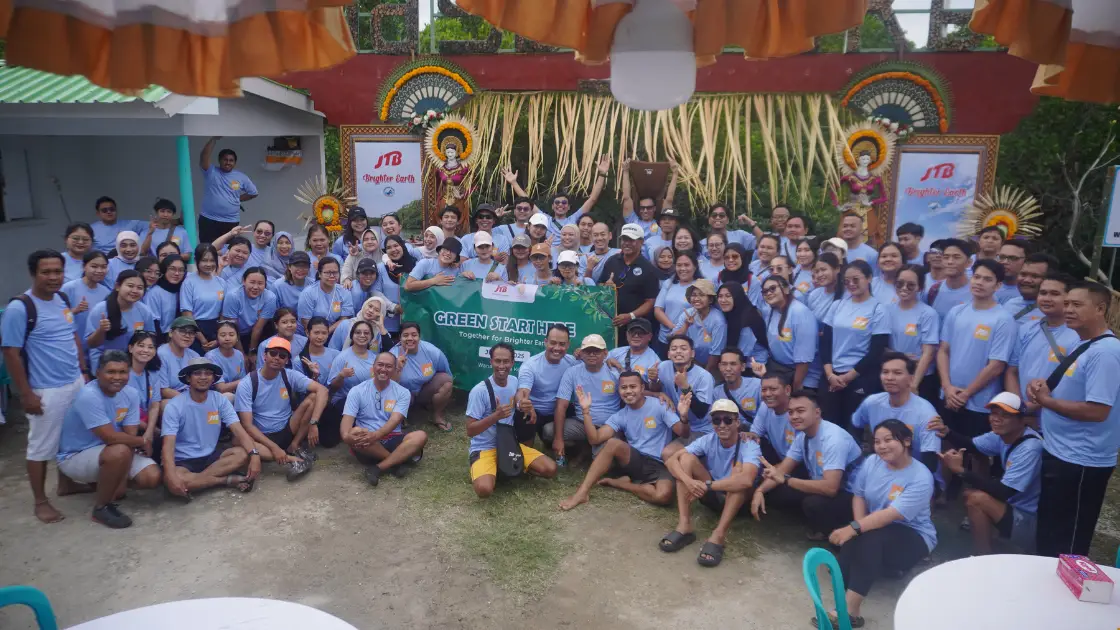
Corporate Social Responsibility (CSR) in the travel sector goes beyond checking fiscal boxes; it’s a calling to leave a positive mark on destinations and the people who live there. In the context of eco-tourism, CSR becomes a deliberate choice to support environmental health and community well-being. The aim of these CSR initiatives is to achieve measurable environmental and social objectives, such as sustainability, biodiversity protection, and climate change mitigation. Bali, an island province in the country of Indonesia, is renowned for its rich natural beauty and vibrant culture. Bali’s mangroves, for example, are nature’s barrier against erosion and powerful carbon sinks, yet they face constant threat from coastal development. CSR initiatives focus on protecting and restoring these vital ecosystems while also involving local residents and workers. Indonesia, as a whole, is recognized for its diverse ecosystems and ongoing environmental conservation efforts, making Bali a key part of the country’s broader sustainability landscape.
This synergy between environmental stewardship and community engagement transforms tourism from passive consumption into active custodianship. Travelers and corporate groups engaging in mangrove planting Bali efforts see firsthand that tourism can foster restoration rather than depletion. By partnering with Bali Mangrove Adventure, companies like JTB Bali are helping to write a narrative where tourism becomes an engine for ecological regeneration, not just entertainment.
Introduction to Eco-Tourism and Regenerative Tourism
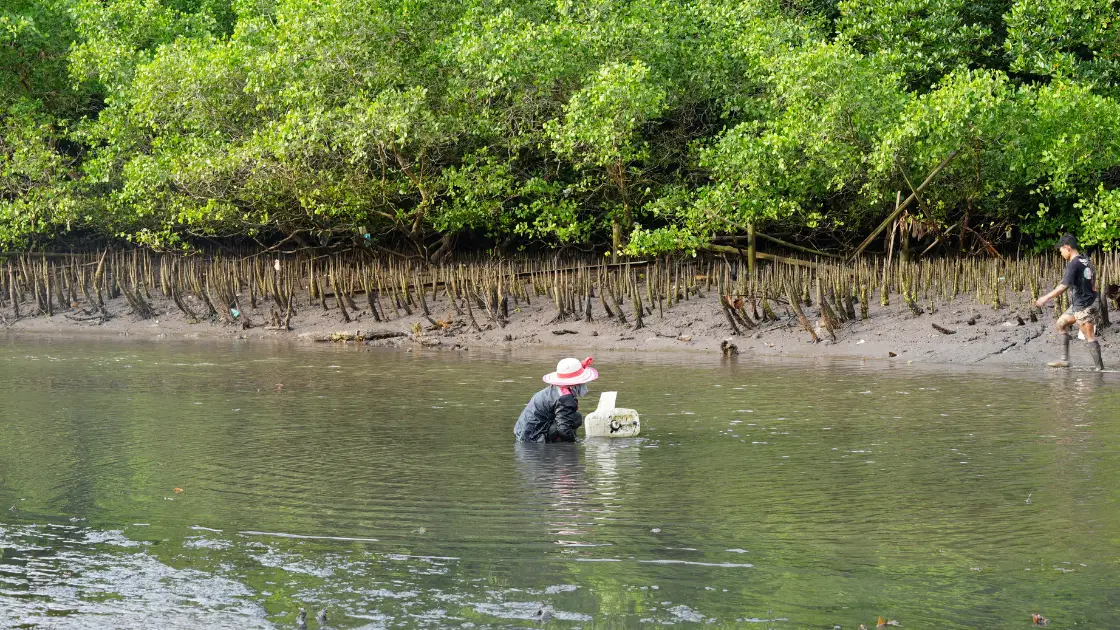
Eco-tourism and regenerative tourism are at the heart of sustainable development, offering travelers and volunteers the chance to make a real difference while exploring the world. In Bali, these approaches are more than just buzzwords; they are essential strategies for preserving the island’s natural environment, supporting economic growth, and enhancing the well-being of local communities. By joining eco-tourism projects, participants contribute directly to conservation efforts such as mangrove planting, which helps protect marine life and coastal habitats.
Regenerative tourism goes a step further by focusing on restoring and rejuvenating ecosystems, ensuring that every visit leaves a positive impact on both the environment and the people who call Bali home. These initiatives play a key role in tackling climate change, preserving biodiversity, and supporting local economies. Whether you’re volunteering on a mangrove project or supporting sustainable tourism businesses, your efforts help create a sustainable future for Bali’s coastal communities. By exploring the island through eco-friendly tours and joining hands with local communities, you become part of a global movement dedicated to environmental conservation and the long-term well-being of both people and planet.
Why Mangrove Planting Matters
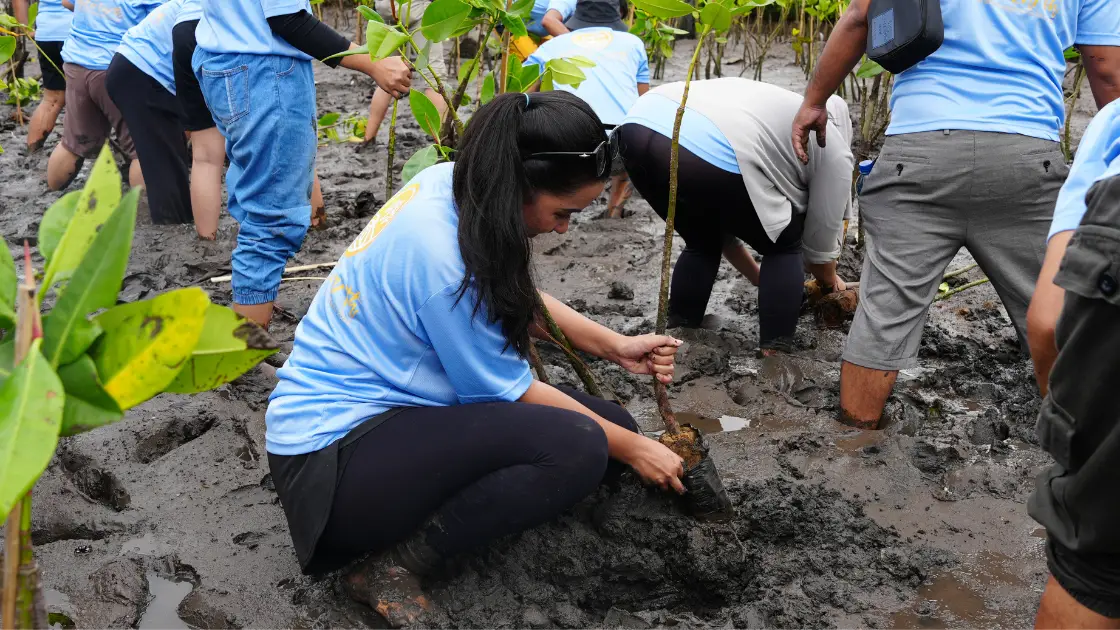
Mangrove forests function as natural guardians of Bali’s coastline; their dense root systems stabilize soil and reduce the impact of storms and tidal surges. These forests are also nurseries for marine life, providing habitat for fish, crabs, and birds, and they hold vast stores of carbon crucial in the fight against climate change. Mangrove forests are a vital part of Bali's nature, offering unique opportunities to experience the island's natural environment. It is essential to preserve these ecosystems to maintain biodiversity and protect Bali’s coastal regions. Yet many remain unaware of their importance because mangroves don’t feature in typical guidebooks or brochure photographs.
Planting new mangrove seedlings isn’t just symbolicit’s a direct act of ecological renewal, contributing to environmental sustainability and ecosystem preservation. Each young tree planted helps strengthen the buffer between land and sea, nurtures marine biodiversity, and contributes to carbon sequestration, creating new habitats and a more sustainable future for Bali. While the work can be muddy and demanding, the sense of collective accomplishment is deeply fulfilling. Watching teams help roots take hold in wet earth brings awareness of how fragile yet vital these ecosystems truly are.
A Closer Look at the Event Day
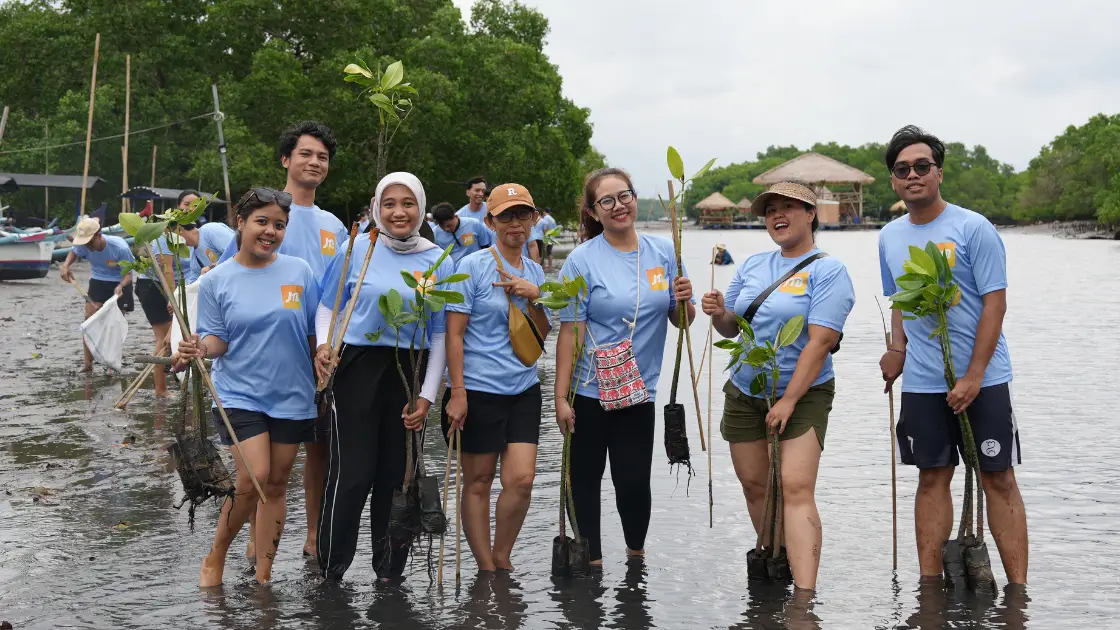
The day began with heartfelt opening speeches from JTB Bali leaders and members of the local community. It was evident that this gathering was more than corporate optics; it was a mutual pledge to support Bali’s natural heritage. The structured program of the day was designed to immerse participants in both environmental urgency and cultural respect, helping everyone connect with the local community and environment.
After gearing up with gloves, tools, and seedlings, participants journeyed into the mangroves by canoe. With each paddle stroke, the group moved deeper into a lush, quiet forest that felt worlds away from beaches and resorts. Guides described how every branch and muddy channel plays a role in protecting not just the shoreline, but entire marine systems. It was a moment to transition from planners and clients into conservation partners. The day became a journey of personal growth and environmental responsibility, as participants experienced the transformative impact of their actions.
At the planting site, teams carefully positioned young mangrove shoots in wet soil. The atmosphere hummed with quiet determination and teamwork. Some volunteers hesitated at first, unsure how to plant correctly. But with guidance, laughter, and shared purpose, even first-timers quickly found the rhythm. Nearby, others collected plastic waste tangled in the roots. The simultaneous planting and cleaning actions created a vivid contrast between restoration and harm and showed how each contributes to coastal health.
Later, the group gathered under a shaded pavilion for a cooking session and communal meal prepared by local hosts. The air is filled with the aromas of spices and coconut, and stories of resilient village traditions, highlighting the importance of food and local cuisine in sustainable practices. The cooking session offered a hands-on introduction to Balinese culture, allowing participants to experience traditional culinary techniques and customs. Smiles and conversation flowed freely as the group bonded over shared efforts and local hospitality. The meal felt less like an end and more like a warm celebration of cross-cultural connection and mutual respect. Emphasizing respect for local culture, participants were reminded of the importance of cultural awareness and appropriate behavior during their visit. After the meal, there was time to rest and reflect, giving everyone a chance to unwind and appreciate the day’s experiences.
Community Impact and Local Engagement
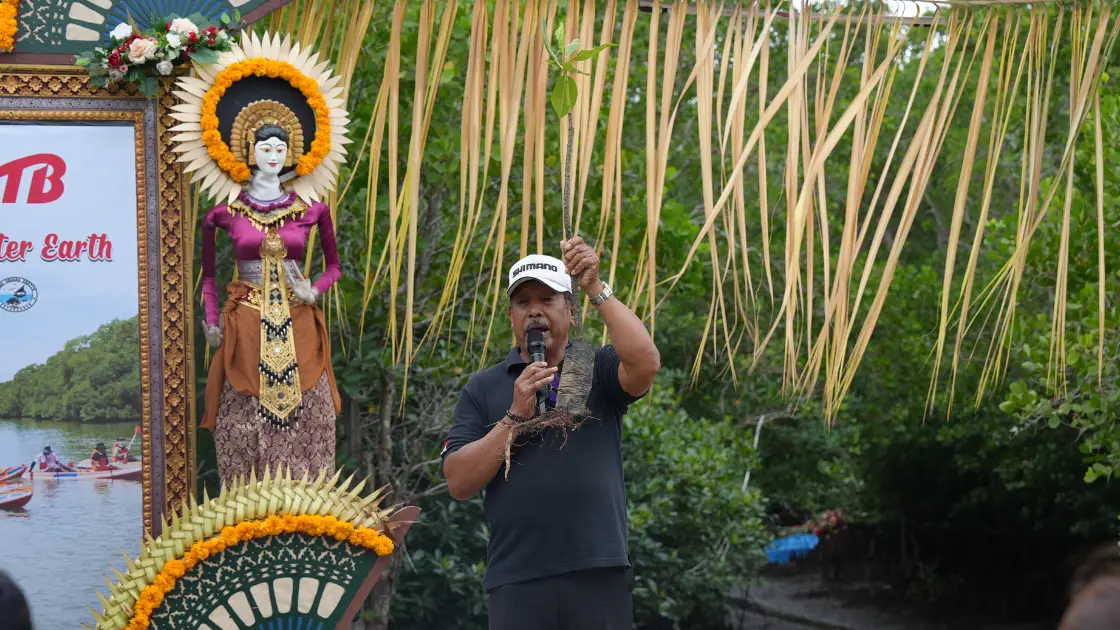
This Bali CSR event was created in partnership with village leaders and local guides who rely on healthy mangroves for fishing and protection. Their involvement ensured that actions taken by foreign CSR visitors felt rooted in local priorities and directly supported local livelihoods. The event also aimed to develop community infrastructure and foster long-term community growth. Rather than being passive recipients, community members were active collaborators leading planting instruction, sharing oral history, and offering Balinese hospitality through the cooking session. Education played a key role, as local leaders and guides taught guests about conservation and sustainable practices.
Local youth and guide teams also participated, gaining both income and pride from hosting guests while developing valuable personal and professional skills. These activities help enhance community well-being and sustainability. Interacting with corporate visitors right in their ecological backyard helped reinforce the idea that conservation and community livelihood don’t exist at odds they thrive together. Guests learned that sustainable tourism Bali should build inclusive partnerships rather than extract benefits without giving back, and many found the volunteer experience to be a meaningful and impactful part of their visit.
Environmental Impact of Mangrove Conservation
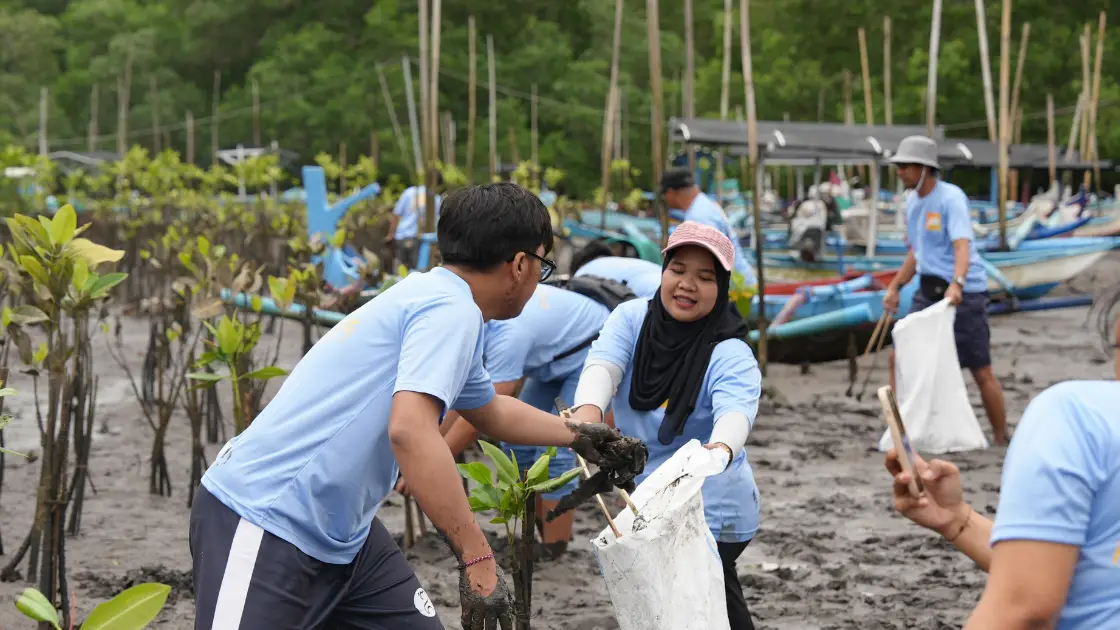
The success of eco-tourism in Bali relies on strong partnerships and collaborations between local communities, organizations, hotels, and tour operators. These alliances are the backbone of sustainable tourism, enabling the development of projects that protect the local environment, promote conservation, and drive economic growth. By working together, stakeholders can create innovative initiatives such as mangrove planting, wildlife conservation, and recycling programs that benefit both the island’s biodiversity and its people.
Collaborative efforts ensure that eco-tourism practices are rooted in the needs and aspirations of local communities, providing decent work opportunities and empowering residents to take an active role in conservation. Volunteers who join these projects not only support the preservation of marine ecosystems and wildlife but also help strengthen the social and economic fabric of Bali. By supporting these partnerships, travelers and organizations contribute to a sustainable future, ensuring that Bali remains a vibrant, thriving destination for generations to come.
Partnerships and Collaborations in Eco-Tourism
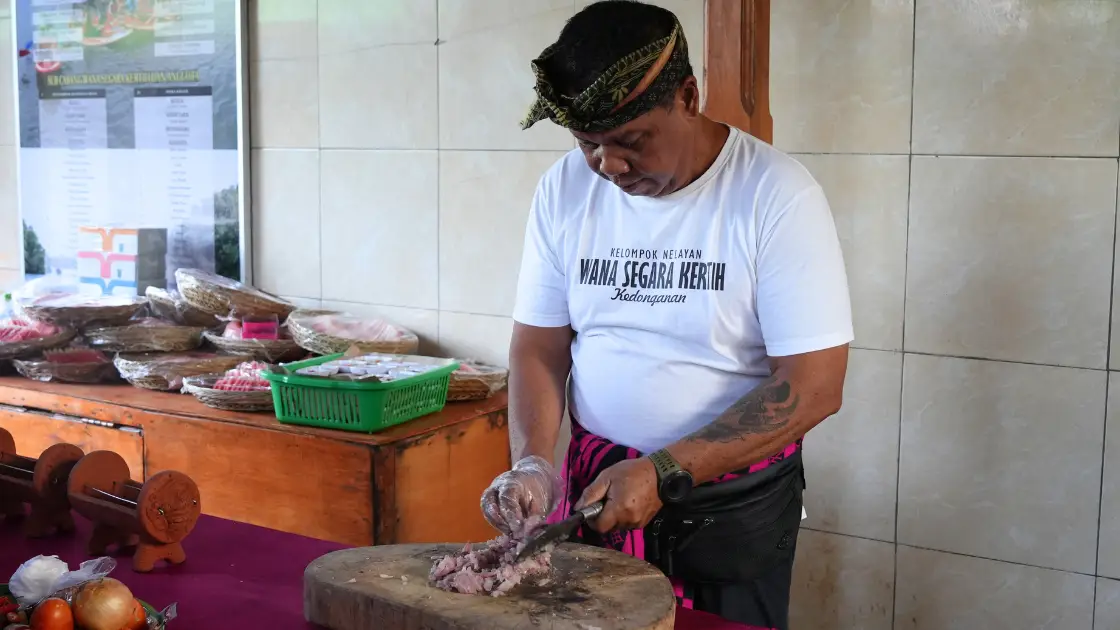
The success of eco-tourism in Bali relies on strong partnerships and collaborations between local communities, organizations, hotels, and tour operators. These alliances are the backbone of sustainable tourism, enabling the development of projects that protect the local environment, promote conservation, and drive economic growth. By working together, stakeholders can create innovative initiatives such as mangrove planting, wildlife conservation, and recycling programs that benefit both the island’s biodiversity and its people.
Collaborative efforts ensure that eco-tourism practices are rooted in the needs and aspirations of local communities, providing decent work opportunities and empowering residents to take an active role in conservation. Volunteers who join these projects not only support the preservation of marine ecosystems and wildlife but also help strengthen the social and economic fabric of Bali. By supporting these partnerships, travelers and organizations contribute to a sustainable future, ensuring that Bali remains a vibrant, thriving destination for generations to come.
Reporting and Transparency: Measuring Our Impact
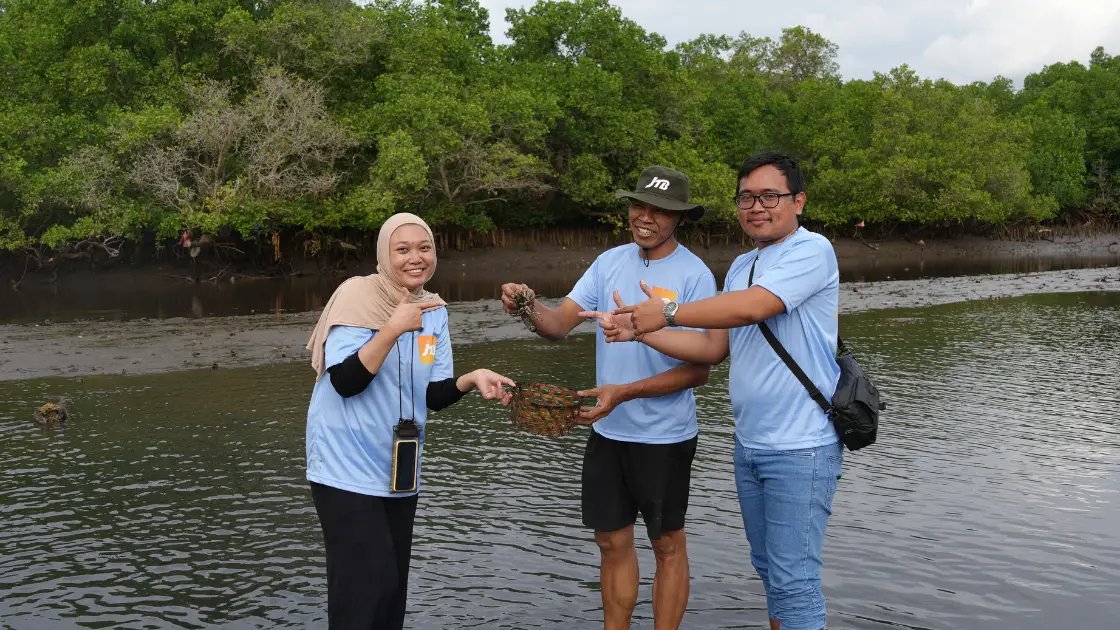
Transparency and accountability are essential for the long-term success of eco-tourism and regenerative tourism initiatives. In Bali, organizations committed to sustainability understand the importance of regularly measuring and reporting their impact on the local environment and communities. This process involves tracking key indicators such as the growth of carbon sinks through mangrove planting, reductions in pollution, and the positive effects of conservation efforts on biodiversity and local well-being.
By openly sharing progress and results, organizations build trust with stakeholders and demonstrate their dedication to sustainability and the health of the planet. Transparent reporting also highlights the economic benefits generated by sustainable tourism practices, showcasing how these efforts contribute to the prosperity of local communities and the island as a whole. Prioritizing transparency ensures that every project, from environmental conservation to community development, is guided by a commitment to continuous improvement and a sustainable future for Bali.
Reflections from the Day: A Meaningful Connection Beyond the Mangroves
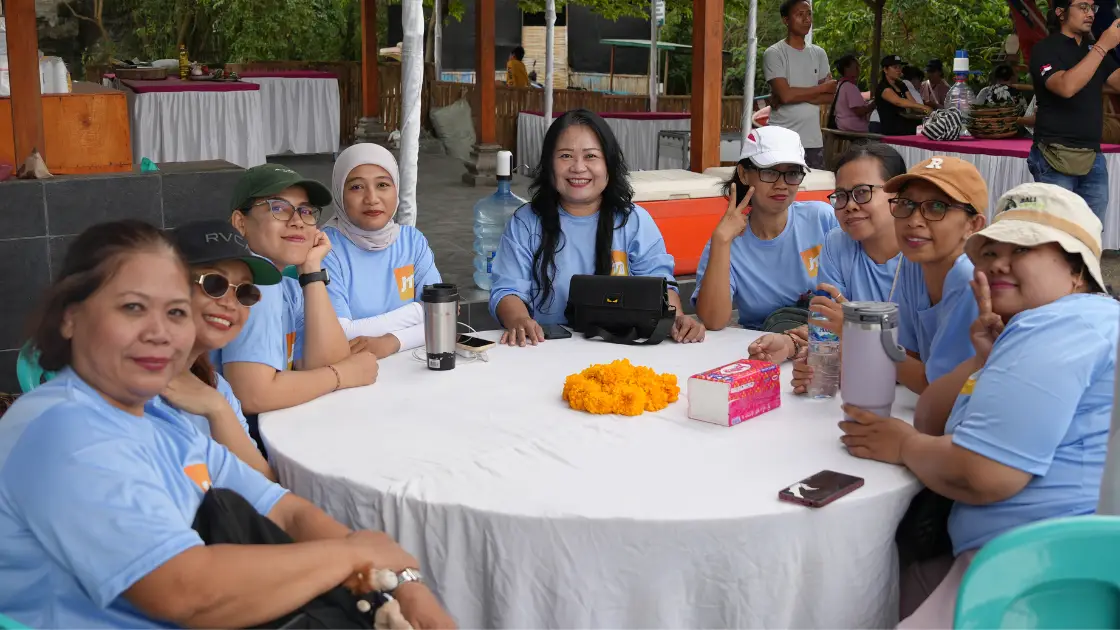
From our team’s perspective at Bali Mangrove Adventure, this collaboration with JTB Bali was more than just a successful Bali CSR event, it was a heartening reminder of how impactful small, hands-on actions can be. As we guided the participants through the mangrove planting process, we noticed a gradual but visible shift: what began as a formal gathering soon turned into something more intimate, even transformative.
Many of the guests arrived expecting a typical team-building day. But as they stepped barefoot into the soft, muddy ground and gently planted young seedlings into the wet earth, there was a calm, collective focus. It wasn’t just about digging and placing, it was about pausing, connecting, and doing something tangible for the environment. We saw team members smiling quietly to themselves, taking in the moment, and realizing that these efforts were contributing to a living ecosystem that protects Bali’s coastlines.
Later, as the group gathered for a traditional cooking session and dinner, the spirit of community deepened even further. It wasn’t only about the food, it was about listening to the stories behind the recipes, prepared by people who have lived in harmony with the mangroves for generations. Through this, we watched a sense of gratitude and respect emerge not only for nature, but for the culture rooted within it.
As the sun set and the group shared their final meal together, we felt a quiet pride in knowing that what they experienced wasn’t just an eco tour, it was a meaningful connection to place, purpose, and each other.
How You or Your Organization Can Get Involved
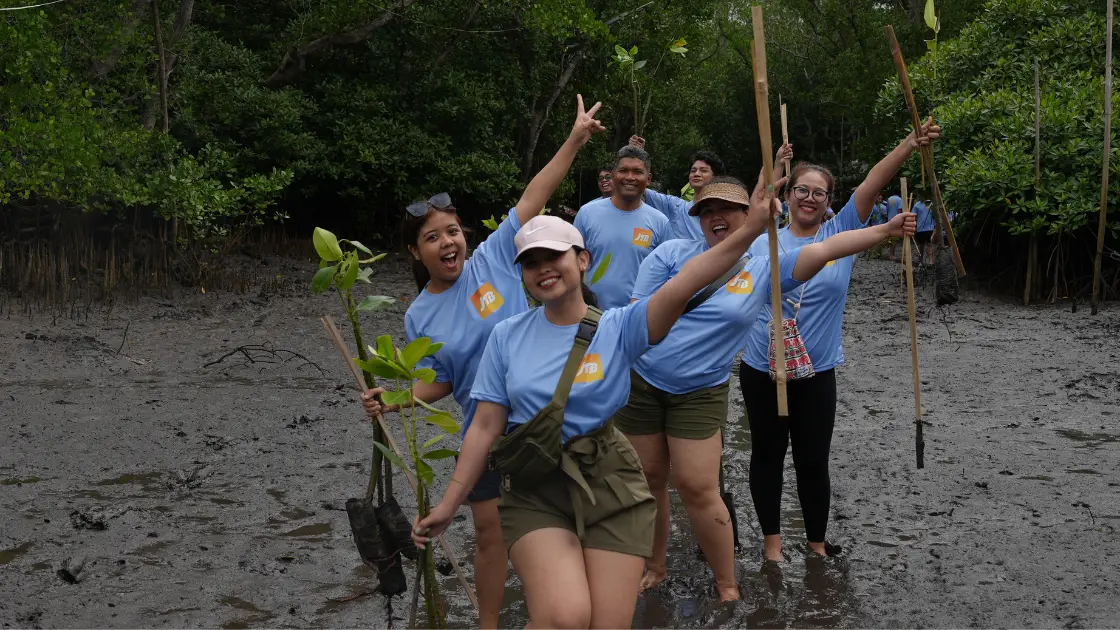
You don’t need to belong to a corporation to experience transformative eco-tour Bali experiences. The structured program at Bali Mangrove Adventure offers a range of public and private tours that allow you to get involved with mangrove planting in Bali, canoeing through the mangrove forest, and enjoying low-impact ways to explore Bali’s coastlines.
Participants can spend extra on upgraded accommodations or additional activities to enhance their experience. All tours include organized transportation for convenient travel to and from the sites. You can join a themed week, such as an Adventure Week, for a more immersive schedule. In addition to canoeing, the program offers hiking opportunities to explore Bali’s natural landscapes. For those seeking more adventure, white water rafting is also available as an exciting activity in Bali.
Whether you’re planning a team CSR outing or just a meaningful vacation activity, Bali Mangrove Adventure provides the access and insight to make your trip unforgettable and impactful.
Closing Thoughts: The Future of CSR at Bali Mangrove Adventure
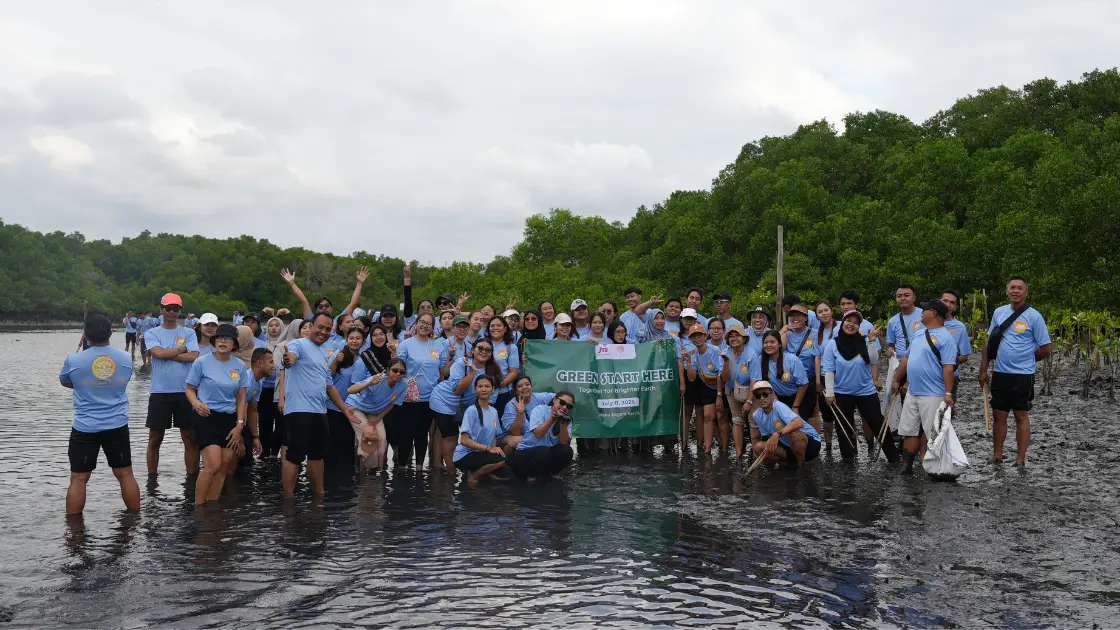
What JTB Bali and Bali Mangrove Adventure created together goes beyond a single planting dayit's a model of how tourism and responsibility can go hand-in-hand. As interest in sustainable tourism Bali grows, more companies and travelers are realizing they don't have to choose between memorable experiences and meaningful action. With the right partners, like Bali Mangrove Adventure, they can have both.
Ready to be part of the next chapter? Whether as a volunteer, a traveler, or a corporate partner, your presence in Bali can help protect what makes this island so extraordinary for generations to come.
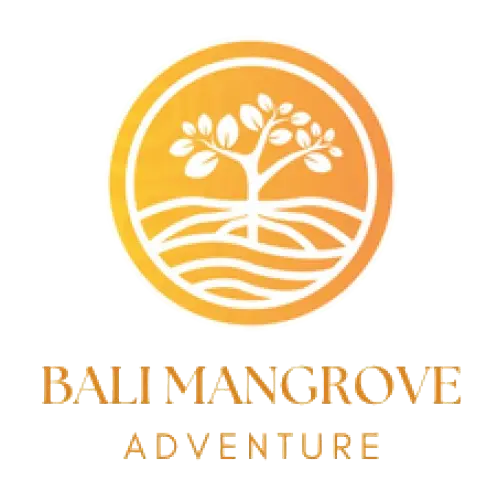
 EN
EN JP
JP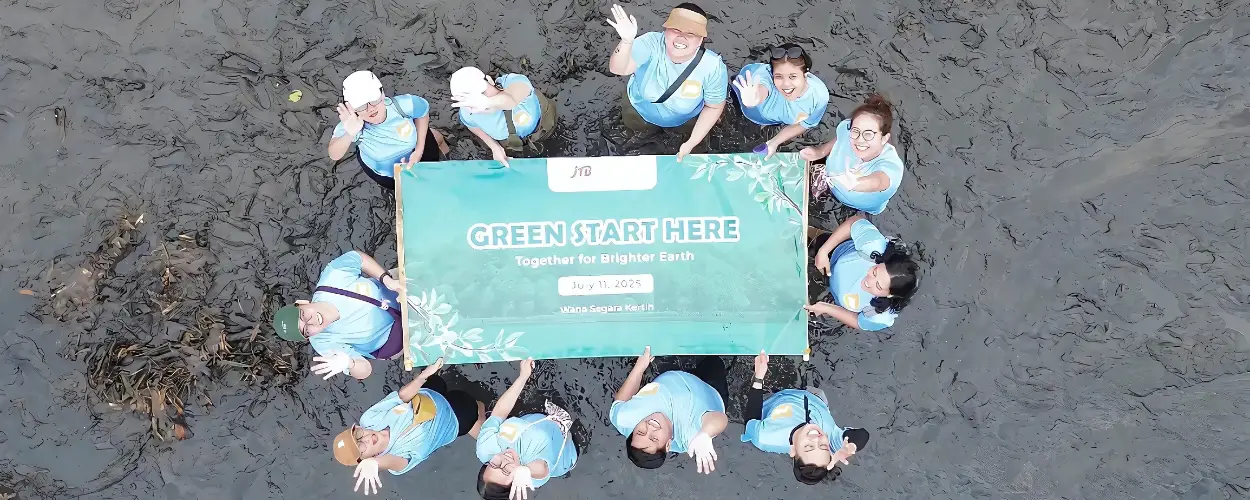
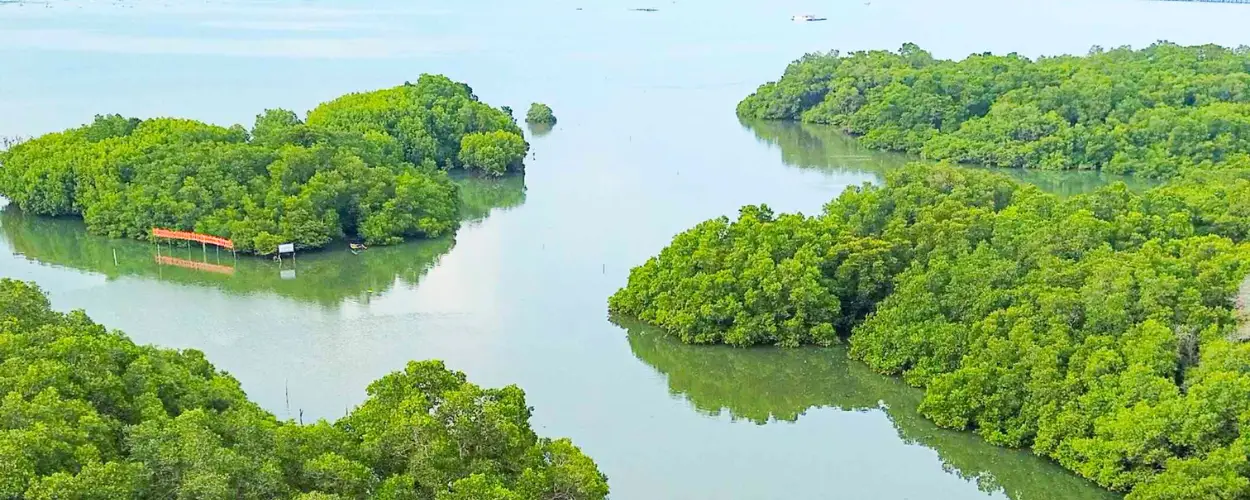
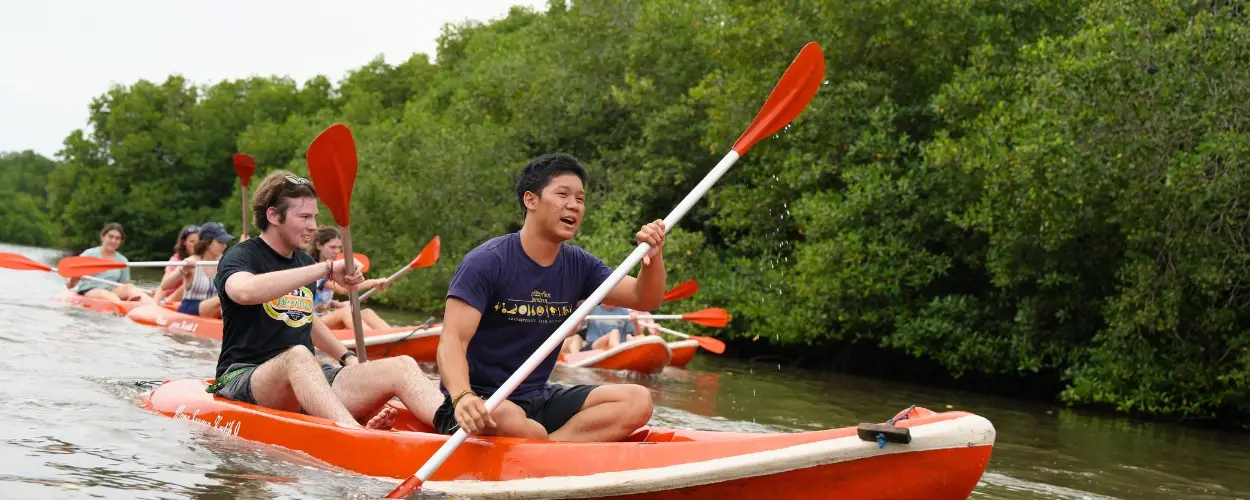
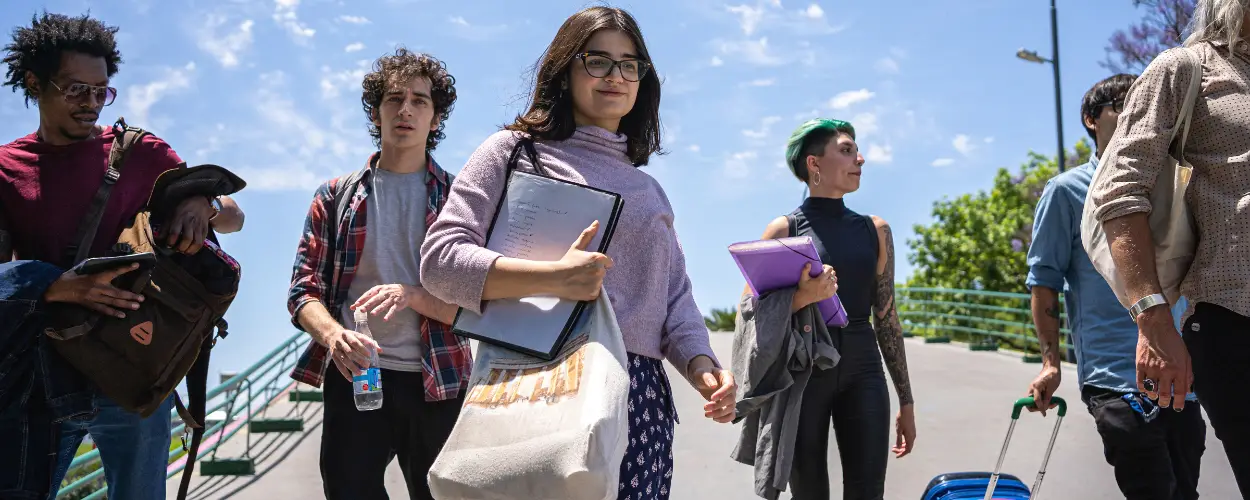
comments